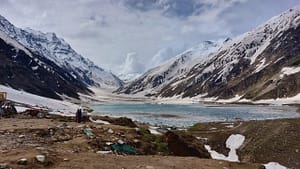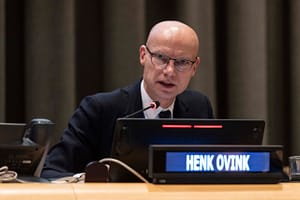Overview of challenging context
The 20-year civil conflict in the north and east of the country had a major impact on poverty, leading to the displacement of about 800,000 people from their homes and sources of livelihood. Thousands of children lost one or both parents, and there was an increase in the number of households headed by women, which are more likely to be exposed to economic hardship. More than 40 per cent of rural poor people are small scale farmers. A significant lack of infrastructure such as roads, electricity, and irrigation and communication facilities limits people’s opportunities to earn income through off-farm activities. Malnutrition among children is common.
Agriculture is the major employer in rural areas and an important stimulus for other sectors of the economy. Small-scale farmers produce most of the agricultural output, but their production systems are hampered by neglect, poor economies of scale, low investment levels resulting from poor financial services, and inappropriate or limited technology. Other factors that affect poor farmers’ livelihoods include fragmented landholding, post-harvest losses as high as 40 per cent, inconsistent produce pricing and trade policies, and market constraints.
IFAD program and projects context with linkages to this one
New COSOP being prepared for September 2009, inputs needed from this project include background review material, including but not limited to history and importance of irrigation in SL, understanding of ‘tank’ systems, especially in dry zones.
Specific project linkages:
- Dry Zone Livelihood Support and Partnership Programme: The project benefits small-scale farmers and, particularly young households and households headed by women, in which there is a chronic shortage of productive members. It includes a participatory assessment of constraints in rainfed and irrigated farming, from production to marketing. Project activities, such as tank rehabilitation and infrastructure development, are demand-driven. A Country specific outcome hoped for from this project would be a clear definition of rational for water to either be selected or rejected as a strategic priority for Sri Lanka COSOP.
Potential partners
- Department of Agrarian Development
- Irrigation Department of Sri Lanka
- Mahaweli Authority of Sri Lanka
- CPA












